Baku Court and Armenian judicial system expose Yerevan’s true intentions The duplicity of the Armenian authorities
Despite frequent assurances of commitment to peace and respect for the principle of territorial integrity, Armenia continues to consistently demonstrate behaviour that directly contradicts both international law and its officially undertaken obligations. This discordant rhetoric and practice only strengthen suspicions about the insincerity of Yerevan's declared intentions. The initiation of criminal cases by the Armenian Investigative Committee regarding events that took place in the Karabakh region of Azerbaijan—i.e., beyond its internationally recognised borders—not only exceeds legal norms but also exposes the official stance of Yerevan, whose philosophy is based on the denial of the sovereignty of other states.
Of course, in words, the Armenian leadership is quick to use terms like "peace," "diplomacy," and "recognition of Azerbaijan's territorial integrity." Recently, Armenian Prime Minister Nikol Pashinyan, in a speech at the National Assembly, once again stated that "Yerevan will not retreat from the peace agenda, reaffirming its political commitment to ensuring stability in the region." However, these statements are completely undermined by the practice in which Armenia continues to view Karabakh as part of its own legal and political agenda. By initiating criminal cases regarding events that took place in another country, Yerevan is effectively claiming jurisdiction beyond its borders, thus violating the principles of sovereignty and international legality.
Armenian criminal cases as a legal manifesto of occupation
A particularly striking example is the criminal case against Lieutenant General Jalal Harutyunyan, who held the position of the so-called "commander" of the "Karabakh defence army" from February to October 2020. What was Harutyunyan accused of? Military negligence. According to the charges, as a result of his decisions, an Armenian artillery division was destroyed. Notably, on October 12, 2020, the Azerbaijani Armed Forces destroyed the Armenian artillery division stationed near Fuzuli—of the 21 soldiers, 15 were killed.
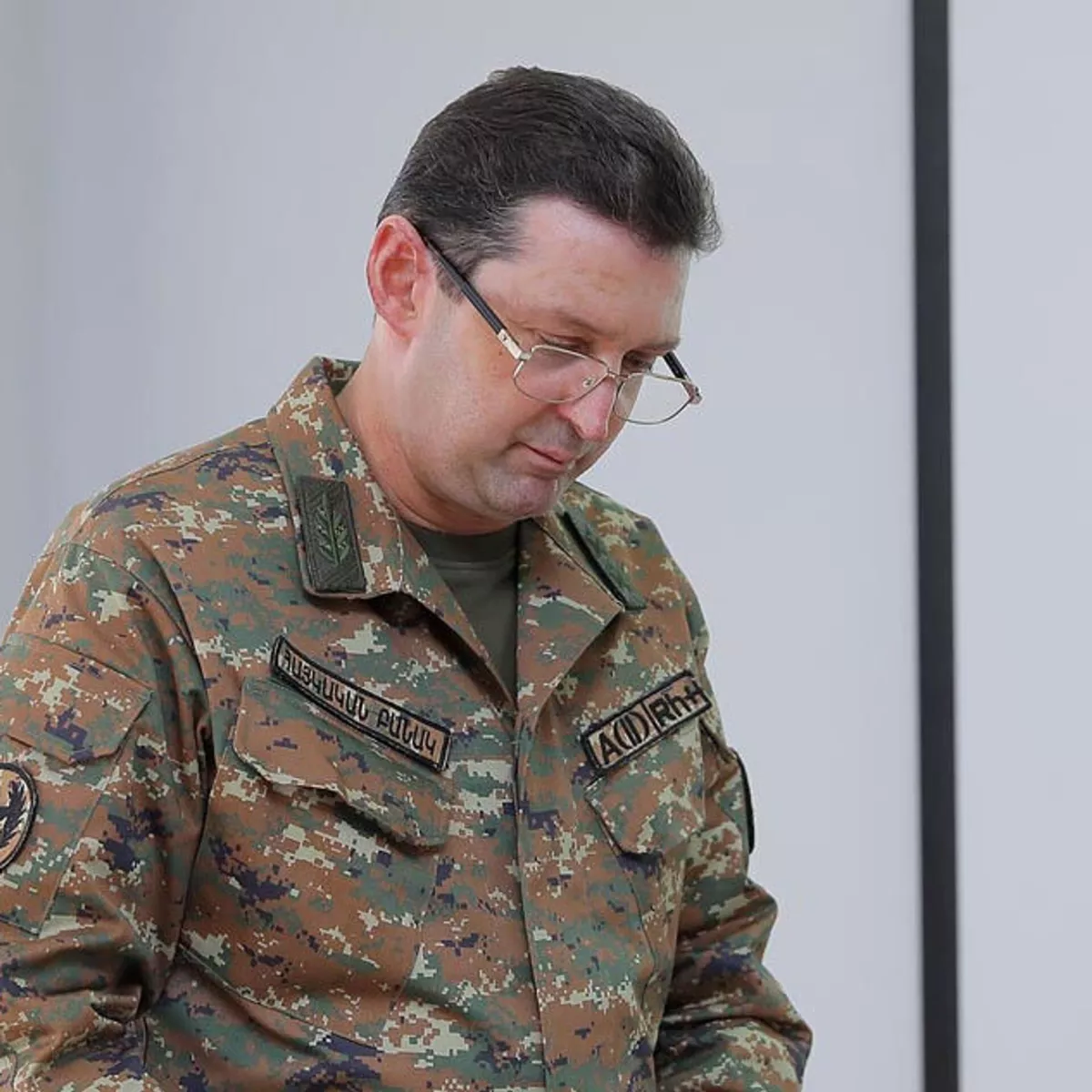
The case against Harutyunyan was heard by a court in the Syunik region (Zangezur) of Armenia. The formulations of the Armenian Investigative Committee draw attention: "As a result of large-scale investigative and procedural actions conducted within the framework of the criminal case being investigated by the Main Military Investigation Department of the Investigative Committee of Armenia, it was revealed that Lieutenant General J. H., holding a senior military position, demonstrated negligent behavior toward his official duties under the conditions of a declared state of martial law, failing to fulfill them or performing them improperly, which led to severe consequences: Armenian units suffered significant losses in personnel and armored vehicles, reserve units became combat ineffective, and the occupied fire positions came under the control of the enemy."
In February 2025, Jalal Harutyunyan was sentenced to 5.5 years in prison. The corresponding verdict was published by the Court of General Jurisdiction of the Syunik Region (Zangezur) of Armenia.
As we can see, Armenia is effectively claiming jurisdiction beyond its internationally recognised borders. The wording of the charges by the Investigative Committee of Armenia itself constitutes an acknowledgement: Armenia considers the 2020 hostilities as its own military operation and does not conceal the fact that its regular armed forces were involved on the territory of another state.
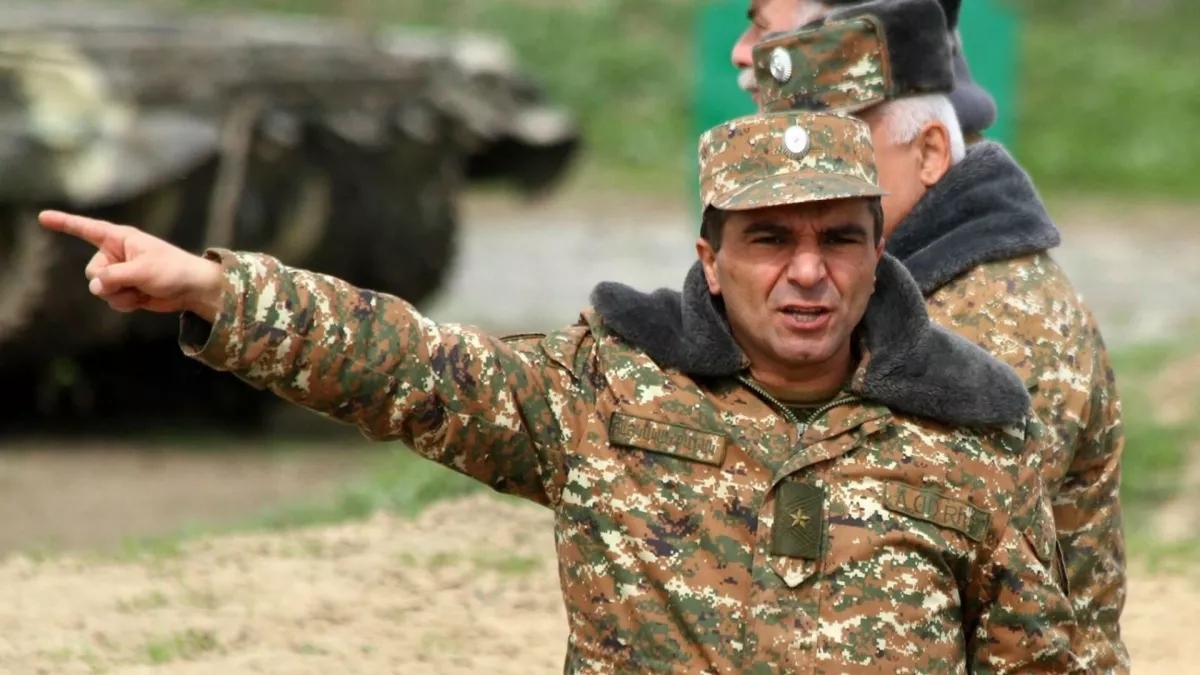
By the way, it has not been fortunate for Mikael Arzumanyan, who replaced Harutyunyan as the commander of the occupying army in Karabakh. In January 2025, the Armenian Anti-Corruption Court extended his detention for another three months. He is accused of "unjustified abandonment of key positions and the surrender of the city of Shusha," which, according to the logic of the Armenian judicial system, is considered a crime against Armenia (!?). This accusation can only be viewed as an admission: the decision to defend or surrender the Azerbaijani city was made in Yerevan, and it is Yerevan that has taken on the authority to legally assess such decisions.
Such legal proceedings clearly demonstrate that Armenia still views Karabakh as territory within its political, legal, and military "responsibility." This position not only contradicts international law but also reflects Yerevan's deliberate unwillingness to relinquish claims to foreign territory. While in international forums Yerevan demonstrates diplomatic flexibility, recognising Karabakh as part of Azerbaijan, within the country a contradictory agenda is being formed, where Azerbaijani territories are regarded as "its own," and retreating from them is seen as a state crime.
Confessions in Baku: Exposing Yerevan's coordinating role
Meanwhile, at the ongoing trial in Baku of Armenian citizens accused of crimes against peace and humanity, as well as war crimes, new circumstances and facts are emerging that prove the full involvement of official Yerevan in the events that took place during the occupation of the Karabakh region. For instance, Arayik Harutyunyan, the former "president" of the unrecognised entity, directly confirmed during the court hearings that key decisions during the hostilities were made in coordination with the Armenian military and political leadership. In his testimony about missile strikes on civilian infrastructure and the peaceful population of the city of Ganja, Harutyunyan stated that he received information about this from the Chief of the General Staff of the Armenian Armed Forces, Onik Gasparyan: "The chief of the general staff of the Armenian Armed Forces was Onik Gasparyan. I had a conversation with the chief of the general staff. At the first stage, he informed me about the attack on the airport in Ganja. After that, I had no contact with him."
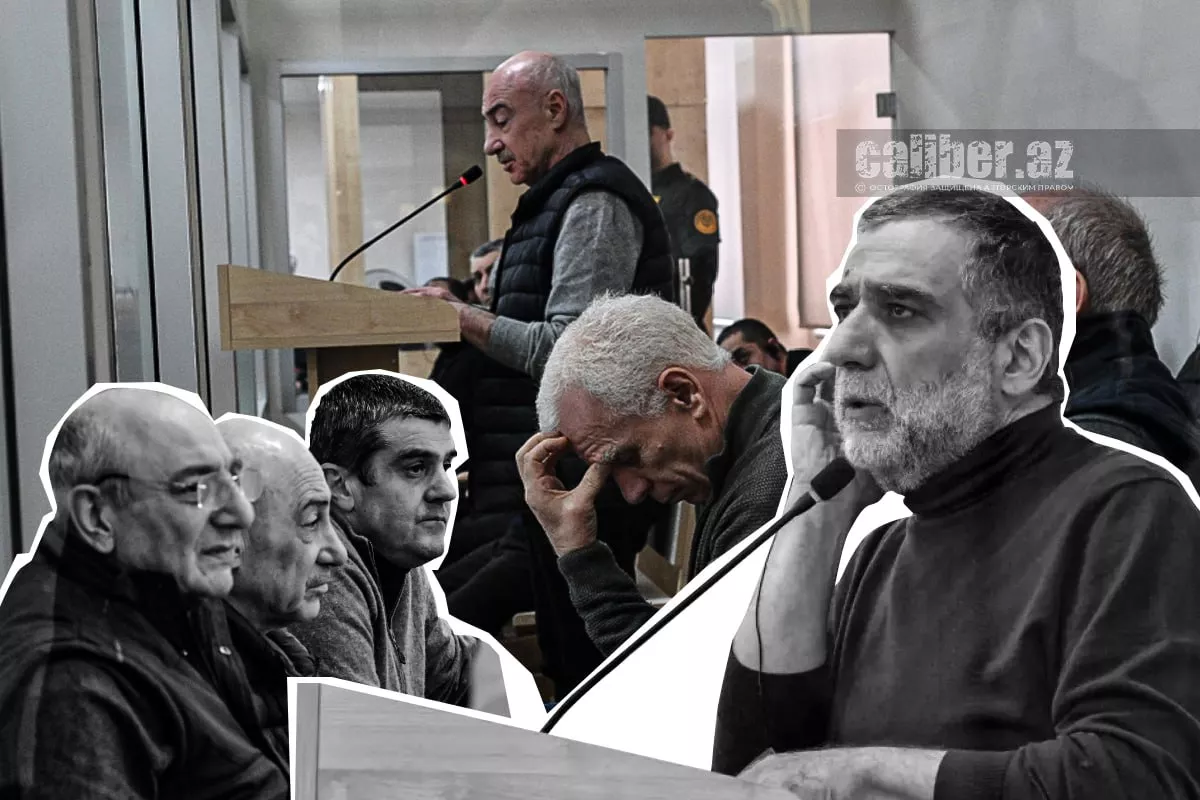
Another defendant, the former "president" of the puppet entity, Bako Sahakyan, stated in court that he did not know the exact number of military personnel in Karabakh, as the so-called "defence minister" of the illegal regime reported this not to him, but to the military-political leadership of Armenia.
It is also worth recalling the words of another "president," Samvel Shahramanyan, who managed to flee to Armenia at the last moment. "Until the last day, the Karabakh Defense Army was subordinated to the government of Armenia and was a structural unit of the Armenian Ministry of Defense," Shahramanyan stated in an interview with journalists.
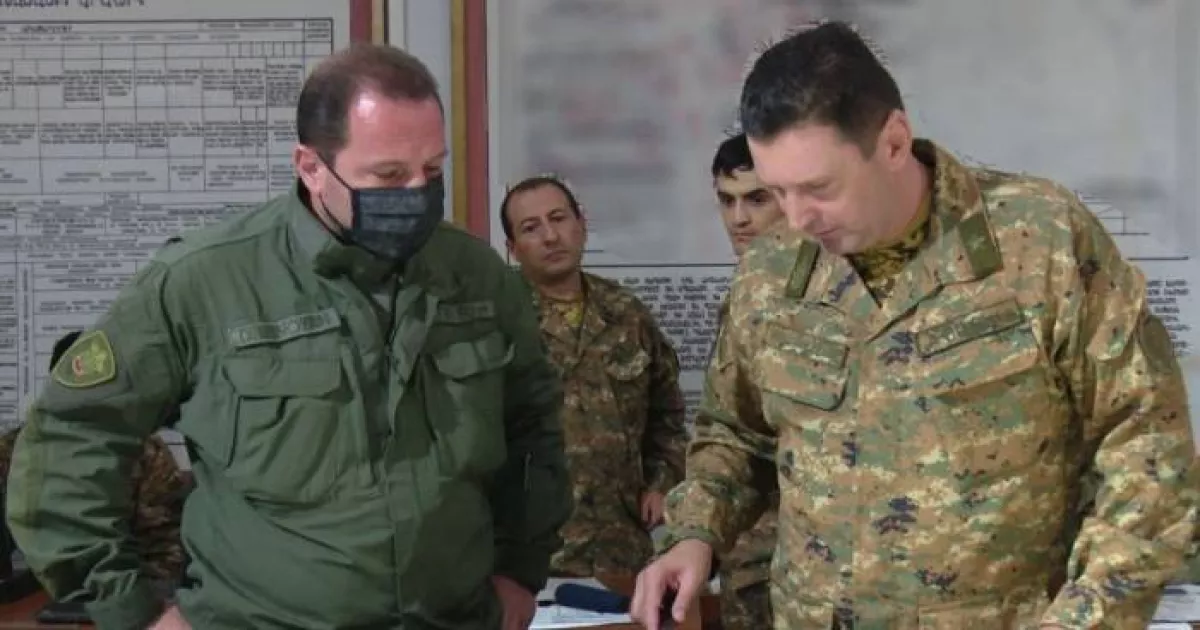
Furthermore, during one of the hearings, the defendant Levon Mnatsakanyan testified that the investigation into war crimes committed in Karabakh during the occupation by ethnic Armenians and citizens of Armenia, who were sent to serve in the so-called "Army of Artsakh," was conducted by the military police of Armenia. According to him, the preliminary investigation was entrusted to the Military Prosecutor's Office of Armenia, after which the criminal cases were examined in the Syunik Military Court on the territory of Armenia. Mnatsakanyan emphasised that because the military structure was unified, regardless of whether the war crime was committed by an ethnic Armenian resident of Karabakh or a citizen of Armenia, they had the same status as similar actions in Armenia.
In essence, these testimonies are against Yerevan as the orchestrator and coordinator of the armed occupation. Such testimonies create a clear picture: the occupation of the Karabakh region of Azerbaijan, as well as the hostilities of 2020, were conducted under the unified command, financing, and logistical support of the Republic of Armenia. Armenia was not merely a "supporter" or "sympathiser" — it was the primary actor in the armed confrontation.
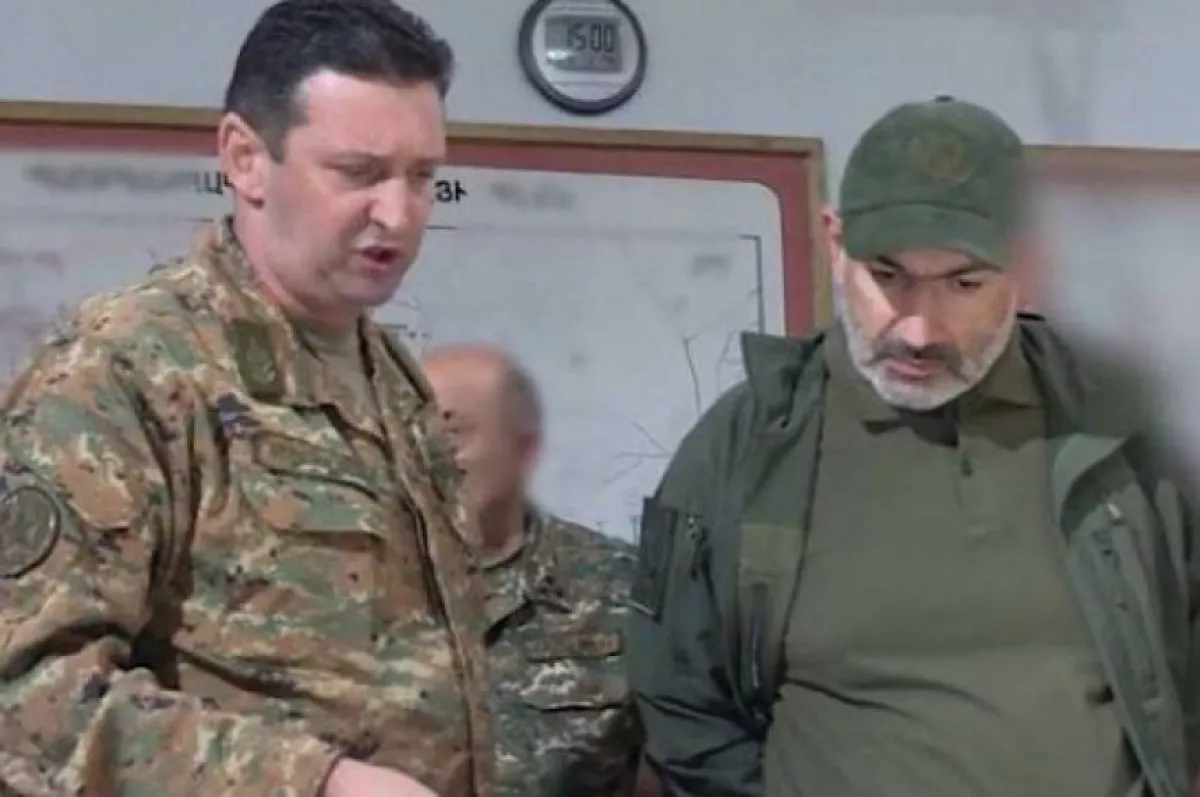
This is precisely why the authorities in Armenia are seriously concerned that the evidence gathered in Baku is laying the groundwork for an international investigation.
The paradox of territorial integrity in Armenian style
Official Yerevan claims to recognise Karabakh as part of Azerbaijan, yet at the same time, it maintains provisions in the Armenian constitution that contain territorial claims. This duality turns declarations into diplomatic noise, devoid of any legal or moral value.
Azerbaijan has repeatedly emphasised that for a genuine resolution of the conflict, Armenia's national legislation must be aligned with international norms, eliminating any legal loopholes for future claims. In this context, Baku's demand for amendments to the Armenian Constitution is not an ultimatum, but a logical and necessary step for normalising bilateral relations.
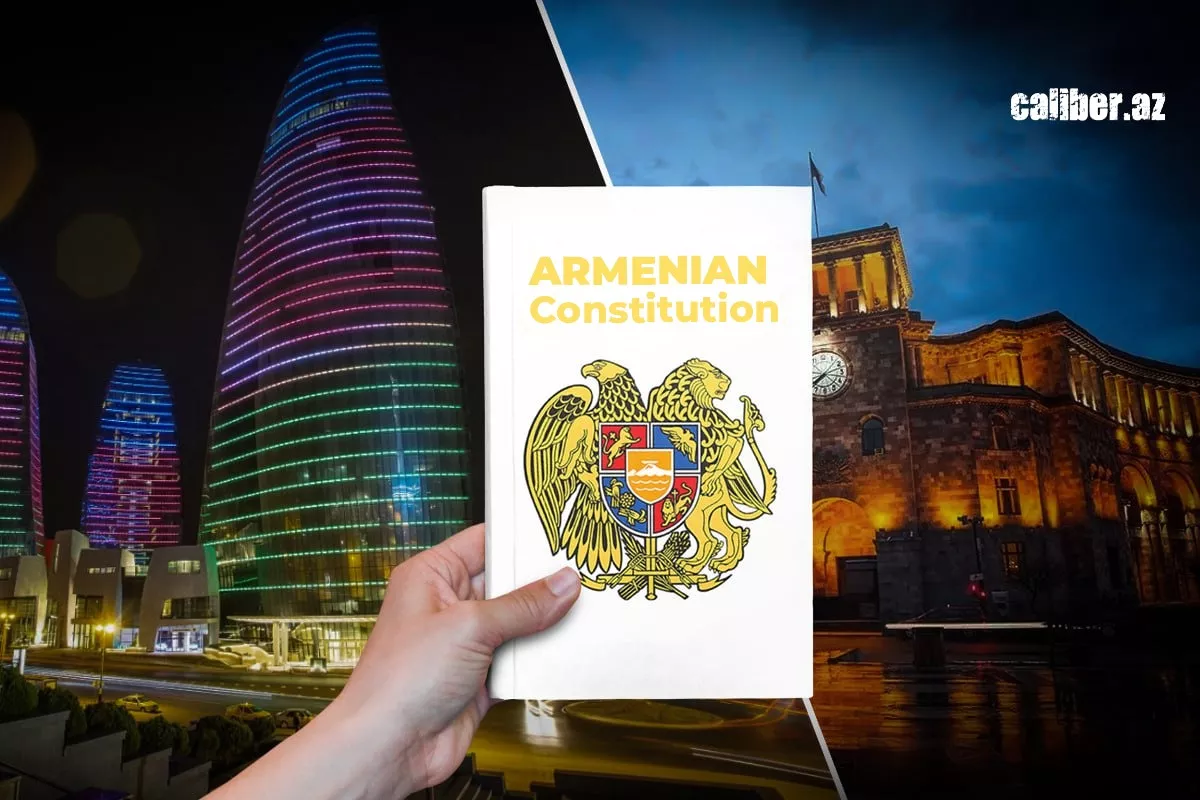
The facts of Armenian justice holding its own military accountable not for participating in an illegal aggression, but for insufficient effectiveness during combat, essentially serve as a revanchist manifesto. This is an attempt at a symbolic "clean-up" of the military elites, aimed at the domestic audience, but without addressing the core issue: the ideological stance of claiming Karabakh. In other words, they are punished not for fighting on foreign territory, but for losing. This, in turn, sends a clear signal that Armenia's claims are still intact, and the defeat of 2020 is merely a temporary setback.
At the crossroads of lies and geopolitics
Armenia is attempting to play both sides — to be seen as a constructive partner by the international community while simultaneously nurturing revanchist sentiments within the country. However, in the reality of the new regional architecture that emerged after 2020, such ambiguity can no longer be viewed as a form of diplomatic flexibility. It poses a threat to stability.
For peace in the South Caucasus, honesty is required, not a revision of past defeats. Real actions are necessary. Only Armenia's abandonment of jurisdictional provocations, revanchism, and political insinuations can create the conditions for genuine normalisation.
Today, the choice is in the hands of Yerevan. But so is the responsibility.








